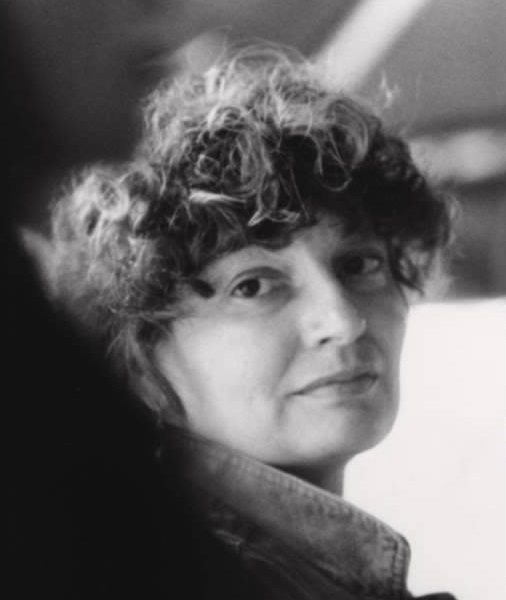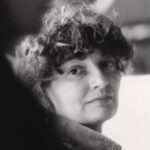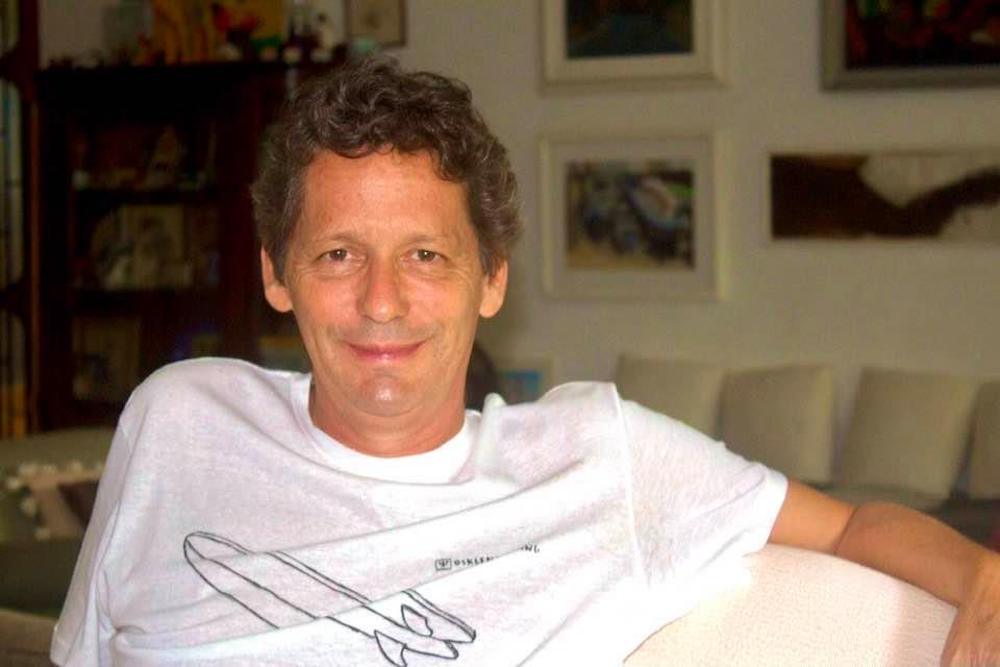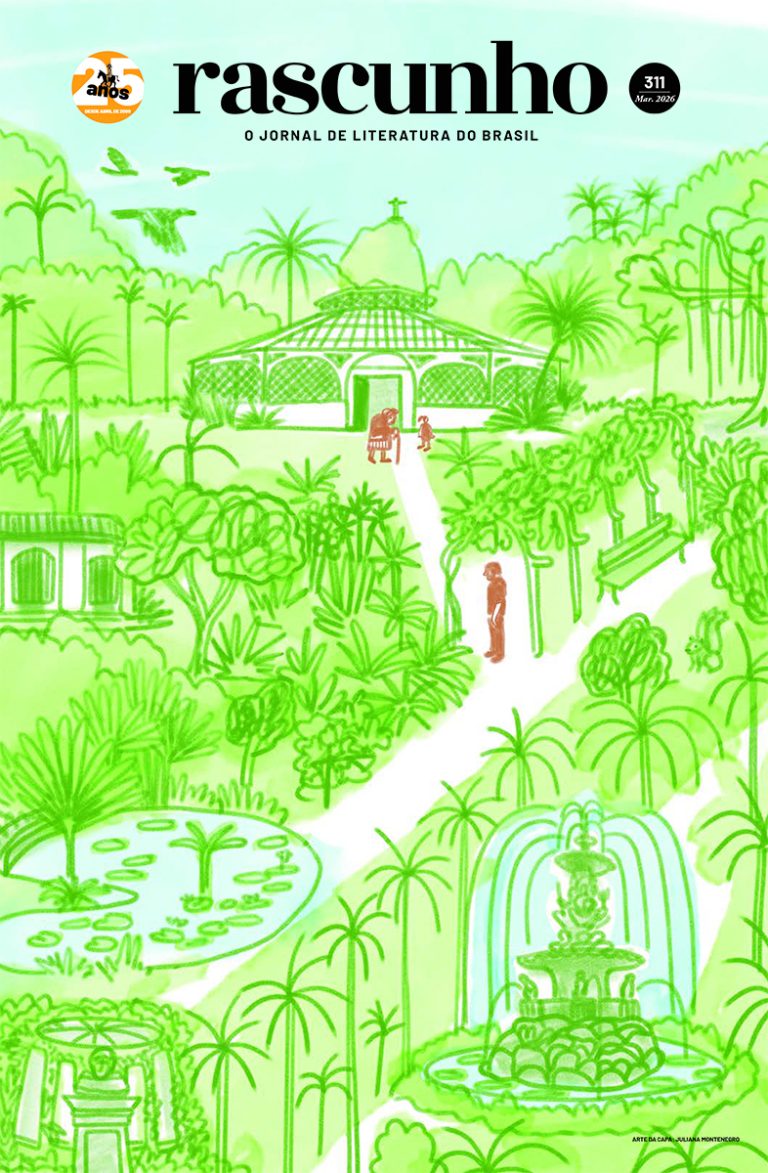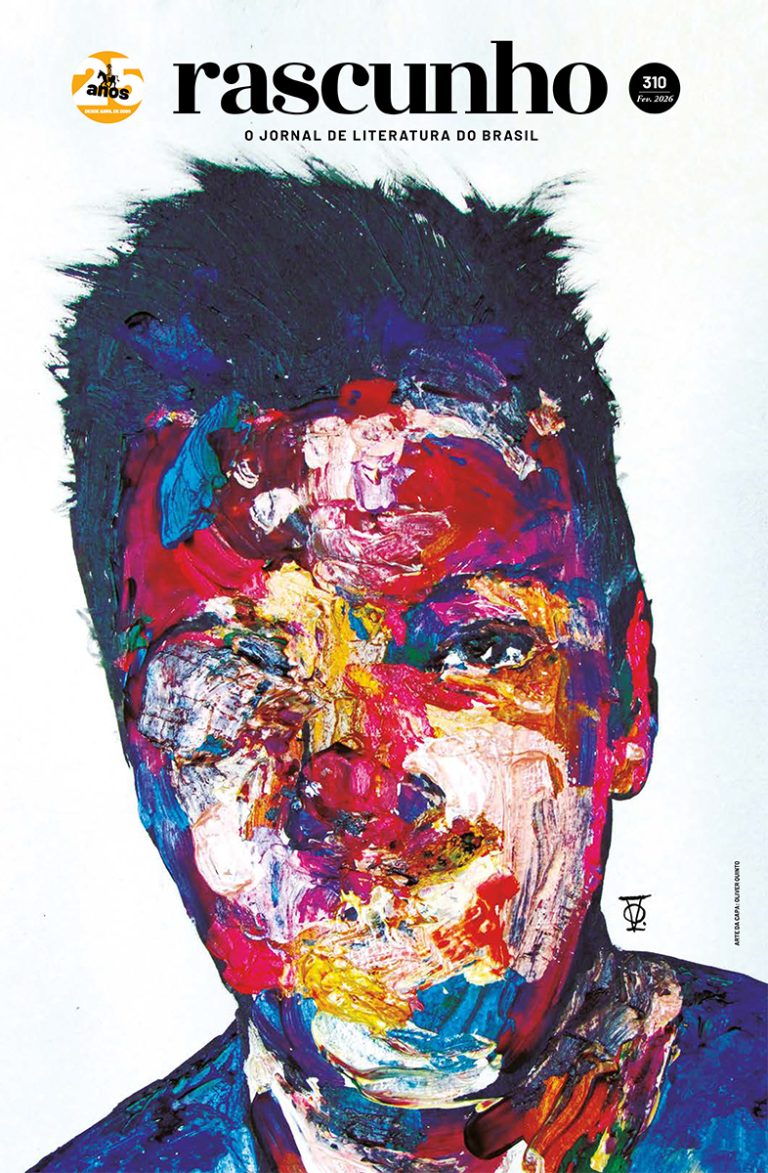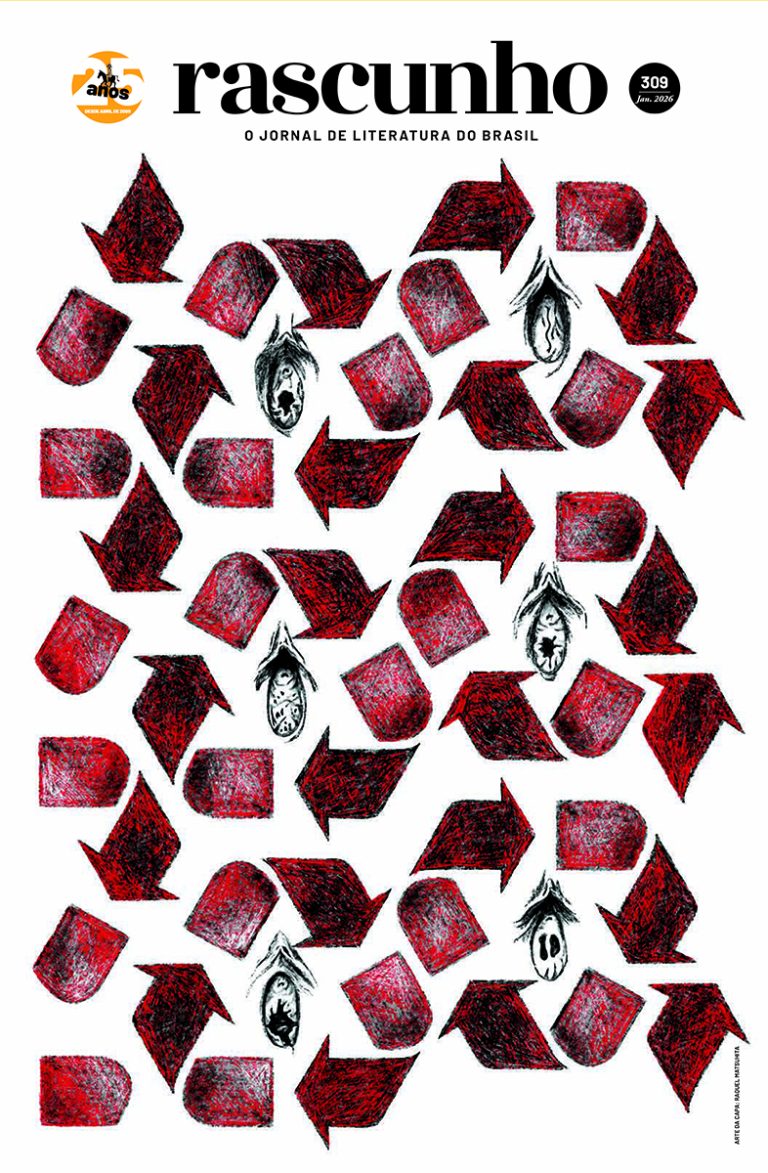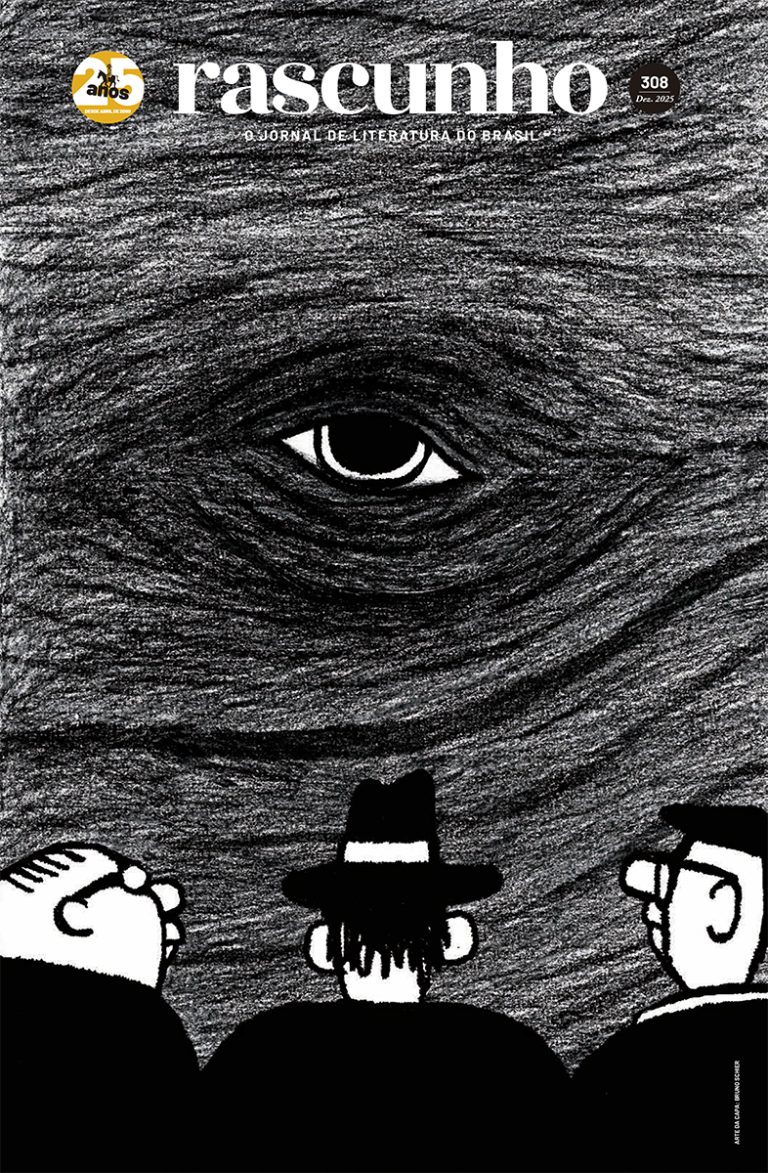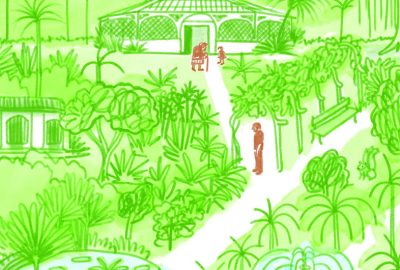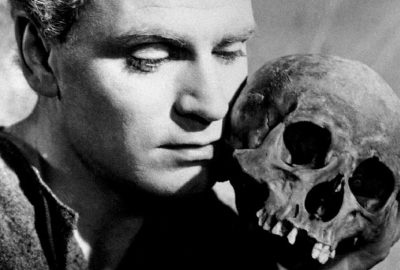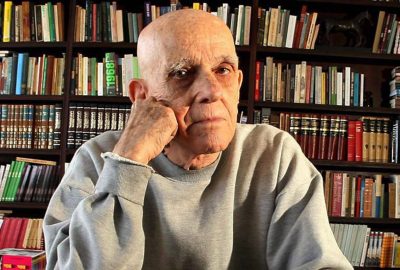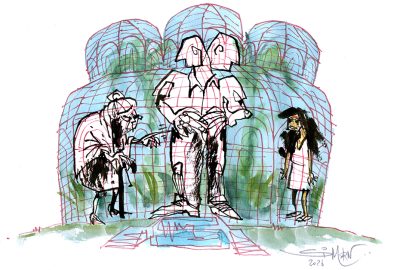Tradução e seleção: André Caramuru Aubert
Otherwise
I got out of bed
on two strong legs.
It might have been
otherwise. I ate
cereal, sweet
milk, ripe, flawless
peach. It might
have been otherwise.
I took the dog uphill
to the birch wood.
All morning I did
the work I love.
At noon I lay down
with my mate. It might
have been otherwise.
We ate dinner together
at a table with silver
candlesticks. It might
have been otherwise.
I slept in a bed
in a room with paintings
on the walls, and
planned another day
just like this day.
But one day, I know,
it will be otherwise.
Diferente
Eu me levantei da cama
com duas pernas fortes.
Poderia ter sido
diferente. Comi
cereal, leite com
açúcar, um pêssego
suculento. Poderia
ter sido diferente.
Levei o cachorro morro
acima, até o bosque.
A manhã toda trabalhei
no que amo.
Ao meio-dia me deitei
com meu companheiro. Poderia
ter sido diferente.
Jantamos juntos,
a mesa com castiçais
prateados. Poderia
ter sido diferente.
Dormi numa cama
em um quarto com pinturas
nas paredes, e
planejei mais um dia
exatamente como este dia.
Mas um dia, eu sei,
vai ser diferente.
…..
The visit
The talkative guest has gone,
and we sit in the yard
saying nothing. The slender moon
comes over the peak of the barn.
The air is damp, and dense
with the scent of honeysuckle…
The last clever story has been told
and answered with laughter.
With my sleeping self I met
my obligations, but now I am aware
of the silence, and your affection,
and the delicate sadness of dusk.
A visita
O convidado tagarela se foi,
e nós nos sentamos no jardim
sem falar nada. A lua, esbelta,
surge no alto do celeiro.
O ar está úmido e carregado
com perfume de madressilva…
A última história inteligente foi contada
e recebida com gargalhadas.
Com meu ser sonolento eu cumpri com
meus deveres, e agora eu fruo
o silêncio, o seu afeto,
e a delicada tristeza do crepúsculo.
…..
Two days alone
You are not here. I keep
the fire going, though it isn’t cold,
feeding the stove-animal.
I read the evening paper
with five generations
looking over my shoulder.
In the woodshed
darkness is all around and inside me.
The only sound I hear
is my own breathing. Maybe
I don’t belong here.
Nothing tells me that I don’t.
Dois dias sozinha
Você não está aqui. Mantenho
o fogo aceso, ainda que não faça frio,
alimentando o animal-fornalha.
Leio o jornal vespertino
com cinco gerações
a espreitar sobre meus ombros.
Na casa de madeira
escuridão em volta e dentro de mim.
O único som que ouço
é o da minha respiração. Talvez
eu não pertença a este lugar.
Nada me diz que não.
…..
August rain, after haying
Through sere trees and beheaded
grasses the slow rain falls.
Hay fills the barn; only the rake
and one empty wagon are left
in the field. In the ditches
goldenrod bends to the ground.
Even at noon the house is dark.
In my room under the eaves
I hear the steady benevolence
of water washing dust
raised by the haying
from porch and car and garden
chair. We are shorn
and purified, as if tonsured.
The grass resolves to grow again,
receiving the rain to that end,
but my disordered soul thirsts
after something it cannot name.
Chuva em agosto depois do feno ceifado
Entre as árvores ressecadas e o campo
aparado, cai uma chuva lenta.
O feno lota o celeiro; apenas o ancinho
e uma carroça vazia foram deixados
para trás. Nas valetas, as
varas-de-ouro esparramam-se pelo chão.
Mesmo ao meio-dia a casa está escura.
Em meu quarto sob os beirais
Eu ouço a benevolência insistente
da água, lavando a poeira
gerada pela ceifa do feno,
da varanda, do carro e da cadeira do
jardim. Somos tosquiados
e purificados, como se tonsurados.
O feno está decidido a crescer novamente,
recebe a chuva para este fim,
mas minha desorganizada alma tem sede
de alguma coisa que não sabe o que é.
…..
Last days
Over the orchard a truly black cloud appeared.
Then horizontal rain began, and apples fell
before their time. Leaves blew
in phalanxes along the ground. Doors
opened and closed of their own accord. The lights
went out, but then thought better of it.
So I sat with her in a room made small
by the paraphernalia of the mortally ill.
Among ranks of brown bottles from the pharmacy
a hymnbook lay open on the chest of drawers:
“Safely Through Another Week.” Indifferent,
a housefly lit on her blue-white brow.
Últimos dias
Sobre o pomar surgiu uma nuvem muito escura.
E então começou uma chuva horizontal, e maçãs caíram
antes do tempo. Folhas se espalhavam
em falanges pelo chão. Portas
abriam e fechavam por conta própria. As luzes
se apagaram, mas depois pensaram melhor.
Então me sentei com ela em um quarto que ficou apertado
pela parafernália dos doentes terminais.
Entre as fileiras de frascos marrons da farmácia
um hinário estava aberto sobre a cômoda:
“Safely Through Another Week. ” Indiferente,
uma mosca brilha em sua testa branco-azulada.
…..
The sick wife
The sick wife stayed in the car
while he bought a few groceries.
Not yet fifty,
she had learned what it’s like
not to be able to button a button.
It was the middle of the day —
and so only mothers with small children
or retired couples
stepped through the muddy parking lot.
Dry cleaning swung and gleamed on hangers
in the cars of the prosperous.
How easily they moved —
with such freedom,
even the old and relatively infirm.
The windows began to steam up.
The cars on either side of her
pulled away so briskly
that it made her sick at heart.
A esposa doente
A esposa doente ficou no carro
enquanto ele comprava mantimentos.
Com menos de cinquenta anos,
ela já aprendera o que é
não conseguir abotoar um botão.
O dia ia pela metade —
de modo que só mães com crianças pequenas
ou casais de aposentados
caminhavam pelo estacionamento enlameado.
Roupas secas balançavam e brilhavam em cabides
nos carros dos mais prósperos.
Como eles se moviam fácil —
com tamanha liberdade,
até mesmo os velhos e relativamente enfermos.
As janelas começaram a embaçar.
Os carros de ambos os lados
avançaram tão bruscamente
que a deixaram com o coração doendo.
…..
Fear of death awakens me
…. or it’s a cloud-shadow passing over Tuckerman Ravine, darkening the warm ledges and alpine vegetation, then moving on. Sunlight reasserts itself, and that dark, moving lane is like something that never happened, something misremembered, dreamed in anxious sleep.
Or it’s like swimming unexpectedly into cold water in a spring-fed pond. Fear locates in my chest, instant and profound, and I speed up my stroke, or turn back the way I came, hoping to avoid more cold.
O medo da morte me acorda
…. ou pode ser a sombra de uma nuvem passando sobre a garganta Tuckerman, escurecendo as cálidas saliências e a vegetação alpina, e então indo embora. A luz do sol se impõe, a escura alameda móvel fica sendo algo que nunca aconteceu, alguma coisa da qual mal se recorda, sonhada em sono inquieto.
Ou é como nadar inesperadamente na água gelada de lagoa alimentada por cachoeira. O medo se instala em meu peito, imediato e profundo, e acelero minhas braçadas ou volto por onde vim, esperando evitar mais frio.
…..
After working long hours on one thing
Through the screen door
I hear a hummingbird, inquiring
for nectar among the stalwart
hollyhocks — an erratic flying
ruby, asking for sweets among
the sticky-throated flowers.
The sky won’t darken in the west
until ten. Where shall I turn
this light and tired mind?
Depois de longas horas dedicadas a um trabalho
Através da tela da porta
eu ouço um beija-flor, perguntando
por néctar entre as leais
alceas rosas — um errático rubi
voador, em busca de doces entre
as flores de bocas viscosas.
O céu não vai escurecer no oeste
antes das dez. Para onde devo voltar
esta mente leve e cansada?

